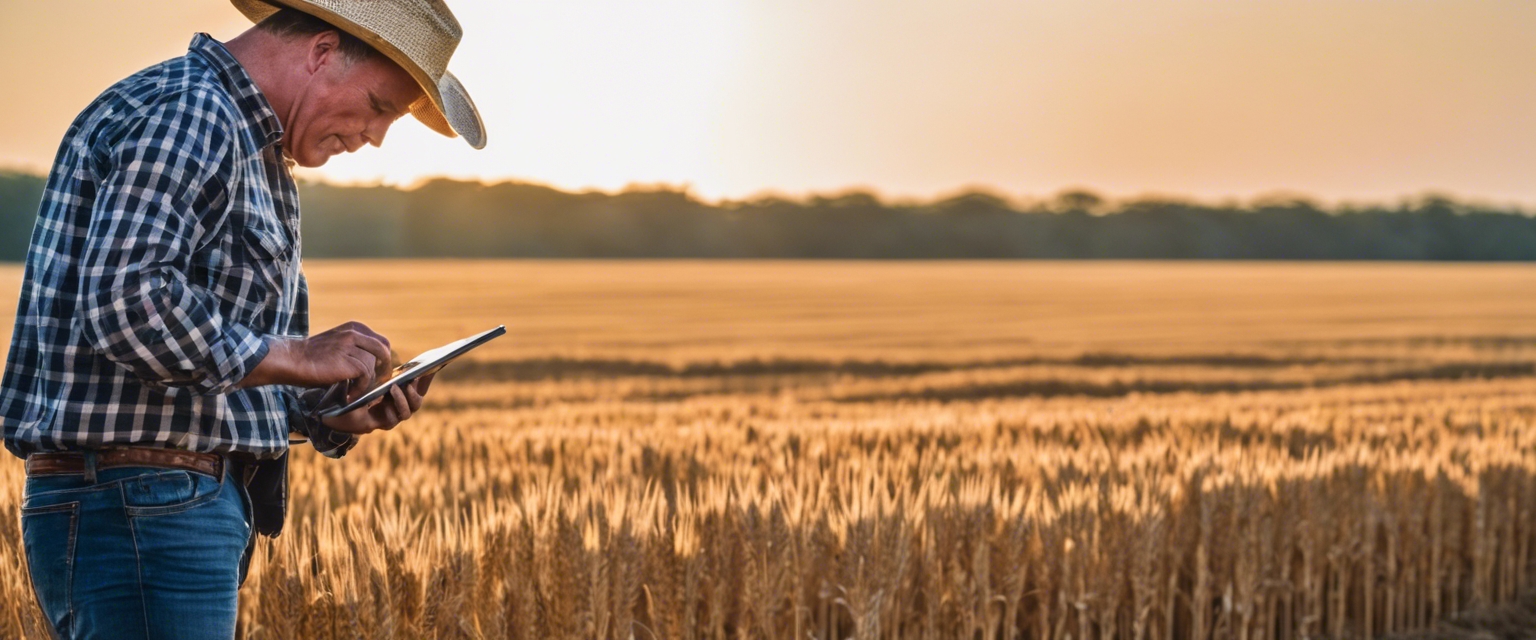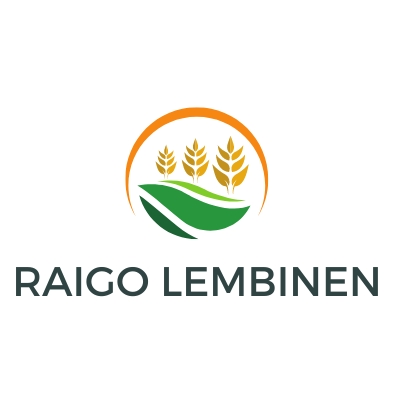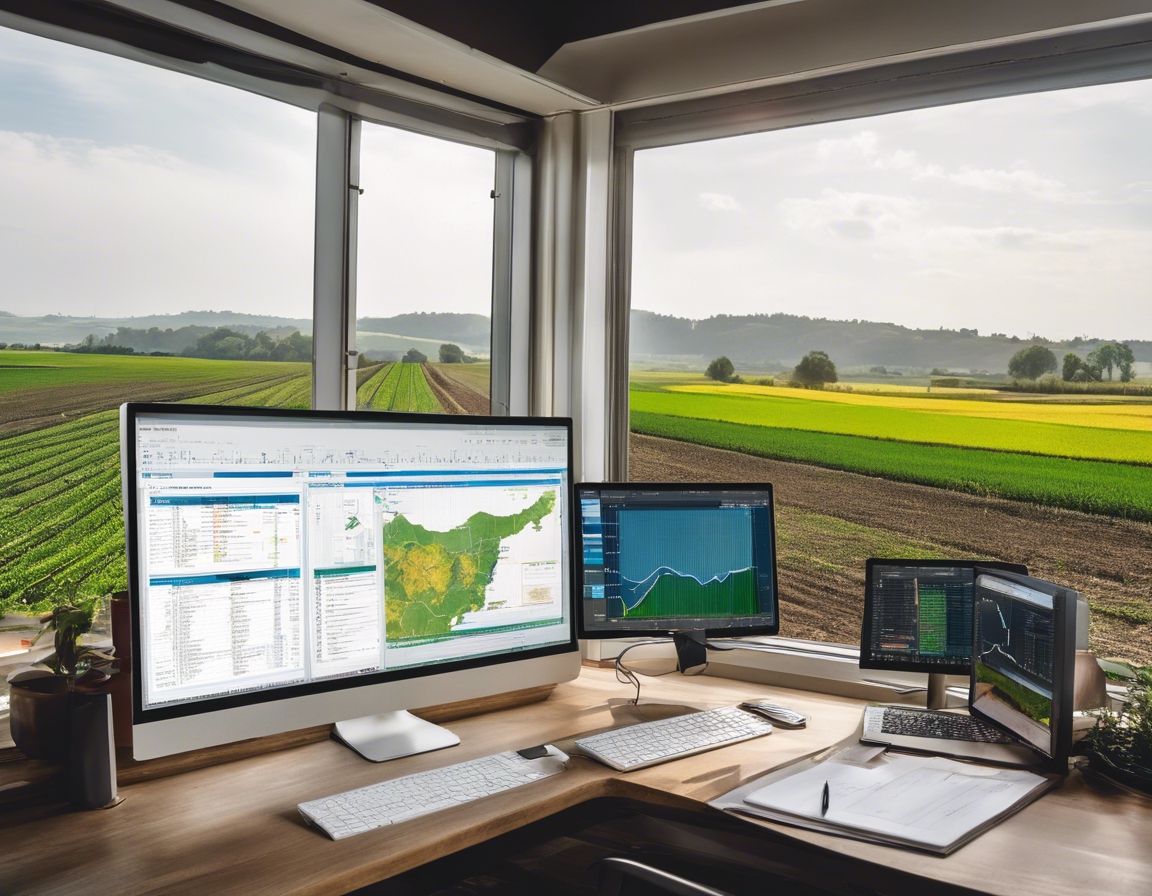The future of farming: how to increase production efficiency
As the global population continues to rise, the demand for food production also increases. Farmers are under constant pressure to enhance their crop yields and improve production efficiency. This challenge is compounded by the need to balance profitability with sustainable practices that safeguard the environment for future generations.
Small to medium-sized farm owners, agricultural entrepreneurs, and rural communities are particularly affected by these challenges. They seek innovative solutions to optimize crop production while maintaining ecological balance and ensuring the longevity of their farming operations.
Technological Innovations in Agriculture
Precision agriculture utilizes GPS, sensors, and other technologies to monitor and manage land and crop production more efficiently. This approach allows for precise application of inputs like water, fertilizer, and pesticides, which can significantly reduce waste and enhance crop yields.
The integration of automation and robotics in farming operations can streamline processes such as planting, weeding, and harvesting. These technologies not only increase efficiency but also help address labor shortages in the agricultural sector.
Advancements in biotechnology have led to the development of crops that are more resistant to pests, diseases, and extreme weather conditions. Genetically modified organisms (GMOs) and hybrid varieties are examples of how biotechnology can contribute to increased production efficiency.
Resource Management for Sustainable Farming
Healthy soil is the foundation of productive farming. Techniques such as crop rotation, cover cropping, and organic amendments can improve soil health and fertility, leading to better crop yields.
Water is a critical resource in agriculture, and its conservation is essential for sustainable farming. Drip irrigation, rainwater harvesting, and scheduling irrigation based on soil moisture levels are some of the methods that can help conserve water.
Integrated Pest Management (IPM) is an ecological approach to pest control that combines biological, cultural, physical, and chemical tools in a way that minimizes economic, health, and environmental risks.
Smart Farming Practices
Modern farms generate vast amounts of data. By analyzing this data, farmers can make informed decisions that lead to improved crop management and yield. Tools such as farm management software can assist in collecting and interpreting data for better decision-making.
Agroecology is a farming approach that works with natural processes to create a more sustainable agricultural system. This includes practices like polyculture, agroforestry, and the use of beneficial insects for pest control.
Comprehensive farm management software can integrate various aspects of the farming operation, from financial management to crop scheduling, providing a holistic view of the farm's performance and areas for improvement.
Education and Training for Farmers
Continuous learning and access to the latest agricultural research and techniques are crucial for farmers to stay competitive. Workshops, online courses, and extension services can provide the necessary education and training.
Building a strong community of farmers and agricultural professionals can facilitate the sharing of knowledge, experiences, and resources. Support networks can also provide emotional and practical support to farmers facing challenges.








Comments (0)